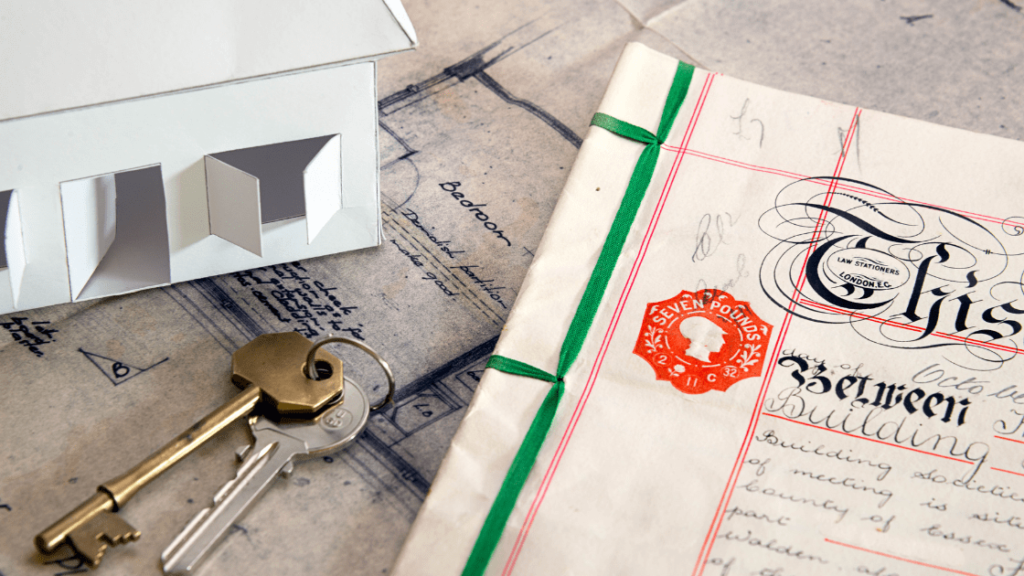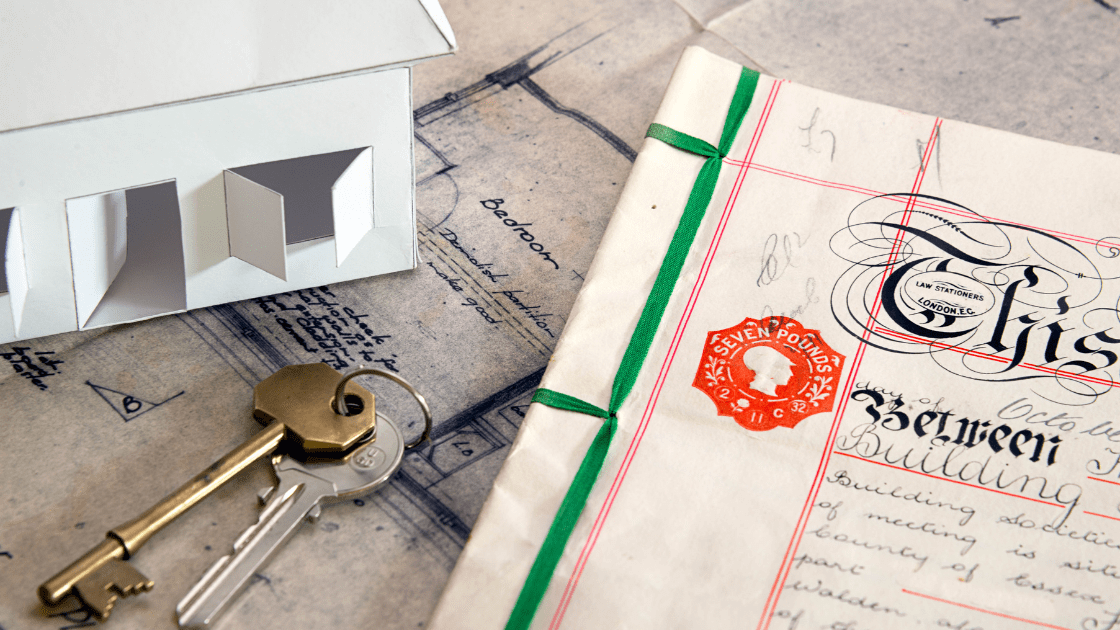
Very few people have ever been upset about inheriting a home from a loved one – after all, it’s a financial asset you can use to your advantage. That said, the administrative work involved can certainly take the wind out of your sails.
To make the home legally yours, you’ll need to get your name on the deed. As with so many other legal documents, something straightforward such as having your name put on a document can quickly become complicated, especially if you’re not familiar with the process.
To help you get through the process quickly so you can move into your “new” home or sell it and enjoy your inheritance, we’ve put together an easy-to-understand guide to teach you everything you need to know.
How to Change a Deed When You Inherit a House in MA
What is a deed?
Before we jump into how to change a deed, we first have to understand what a deed is and how they work. We often think of a deed as a physical piece of paper with a name on it that proves who owns a property that simply needs to be edited when there’s a new owner. This isn’t the case; in fact, a deed cannot be changed. Instead, a new deed must be created for every new owner of a property.
How do you change a deed when you inherit a home?
Probate needs to be complete before you can change the deed, but provided it’s complete, you can move ahead and change the deed. The personal representative (sometimes called an executor) of the will is responsible for filing for a deed of distribution to the person(s) inheriting the property. If an attorney is not currently involved in the process, it’s best to get one involved at this stage to create the new deed.
Since the person currently named on the deed is deceased, the personal representative will need to sign the deed over to you on the deceased’s behalf.
The process should be straightforward, and will look something like this:
- Get a copy of the probated will
- Get a copy of the death certificate (not always necessary, but it’s a good thing to have to hand in case there are any hiccups)
- The personal representative (ideally working with an attorney) should draft a new deed
- The personal representative signs the deed on the behalf of the deceased, and you’ll need to sign as the new owner – you’ll need to have it notarized
- Deliver the new deed to the county recorder and pay any filing fees (those copies of the will and the death certificate may be required here)
Can you add a name to a deed?
No, not really. As we explained above, a deed cannot be edited, a new one must be created whenever there’s a change in ownership. So, if a husband wanted to add his new wife to the deed he could not simply have her name added, a new deed must be created granting the property to both him and his wife.
Can you have a name removed from a deed?
If the person you want to remove is alive, they’ll need to sign the new deed granting ownership to the new owner. This is the case even if the person being granted the property was already on the former deed. For example, if a couple gets divorced and one partner buys out the other, they would need to create a new deed for the partner keeping the house signed by the partner being removed. If the person has passed away, then there are other rules which we’ll cover below.
Can you change a deed on your own?
It’s not illegal to change a deed on your own, but it is highly inadvisable. A deed is a legally binding document and any mistakes can lead to some serious problems down the line. Even if you’re changing a deed to give the property to a loved one, you need to hire an attorney to prepare the document for you.
Is there a way to put a house in my name without probate being complete?
In some circumstances, the probate process can take a long time, even if you’re the only living beneficiary of the will. If you already own the home and are on the deed along with the deceased, you may be able to use an Affidavit of Survivorship to remove your loved one before probate is complete. It’s best to have the deed changed when you can to ensure you don’t run into legal difficulties down the line.
What does the house deed allow me to do?
Once you’ve got the house in your name on the deeds and it’s filed with the county recorder, the house is 100% yours. You can move in and live in it, renovate and sell it, rent it out, or sell it immediately. If you decide to sell, you’ll need to go through this process again for your buyer, but it will be even more straightforward since you won’t need to worry about probate or a death certificate.
We Buy Homes in Massachusetts
If you decide that selling your newly inherited home is the best next step for you, we’re here to help. We buy homes in as-is condition, meaning you don’t need to worry about repairing an old home or updating outdated decor. The process is extremely simple:
- Reach out to us and tell us about the property
- We’ll look at the home (there are no in-depth house inspections!) and give you our best cash offer upfront (no repairs or conditions are ever required)
- If you accept our offer (you’re under no obligation to do so), we’ll get the ball rolling and guide you through the legalities
- After just a few weeks, you’ll have the cash in your pocket and can enjoy your inheritance money stress-free
We’ve helped many people sell inherited properties, sell a home to relocate at short notice, and sell homes that have become a financial burden. If you’d like to join our happy sellers, you can click here to learn more about our process or here to contact us about your property today.

